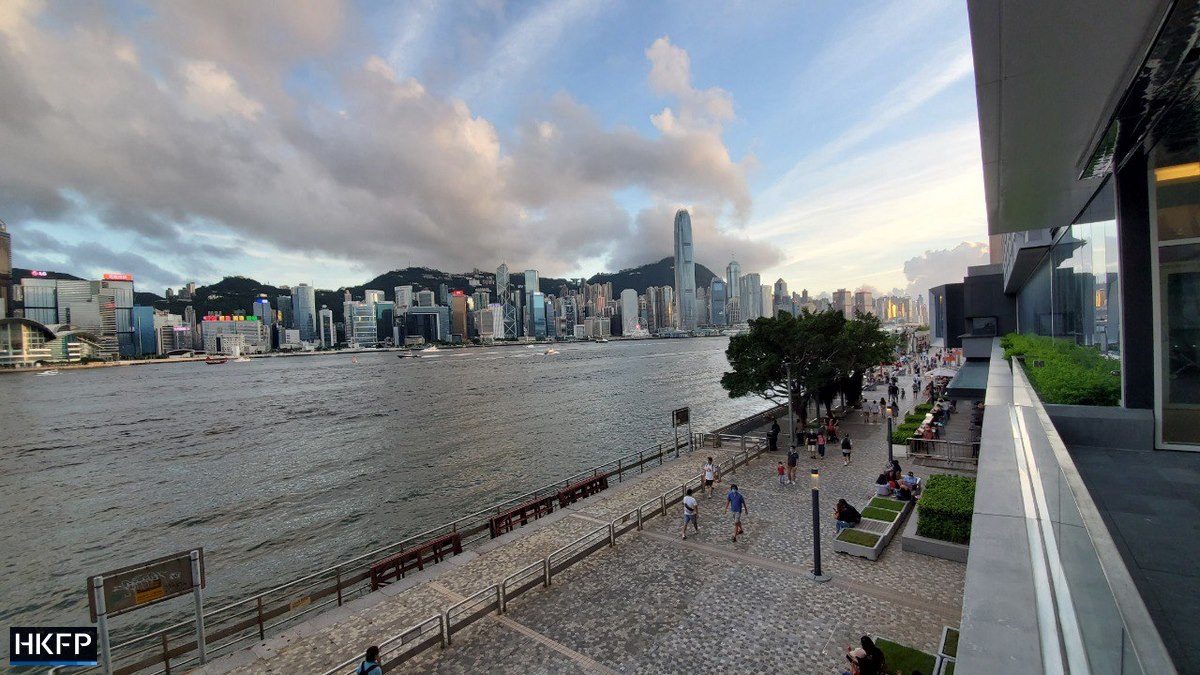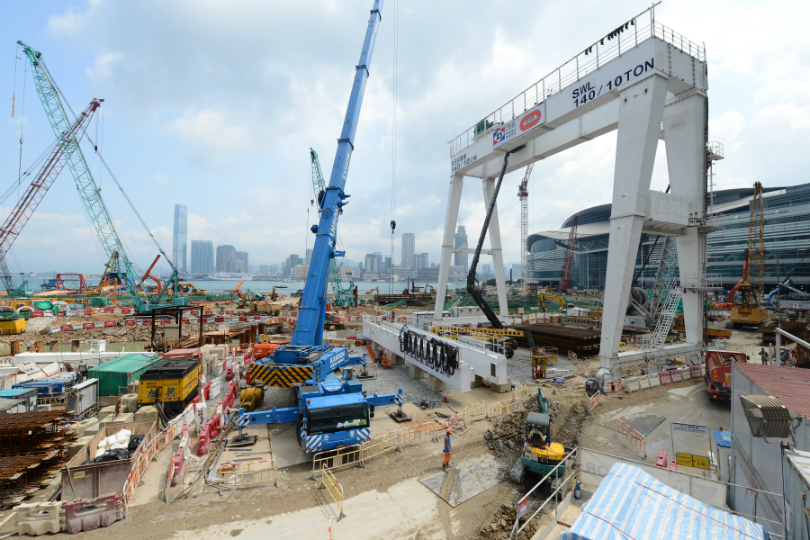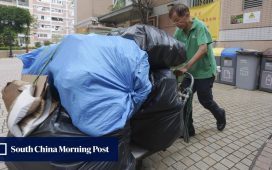The government has announced its intention to amend the Harbour Protection Ordinance to permit minor works to improve the harbour front. The list of proposed works includes waterfront promenades, boardwalks, cycling tracks, piers, harbour steps, viewing platforms and slipways for boats. While many have welcomed this move, others oppose it.

Let us remember that the original ordinance came after decades of government-led reclamation of the harbour. The ordinance was a private members’ bill, passed by Legco on 27 June, 1997, and signed into law by Hong Kong’s last colonial governor, Chris Patten, just before he left. Apparently, he and many others thought it was the right thing to do.
The post-Handover government fought the bill at every turn and only after judicial reviews did it relent. The ordinance now requires, judges tell us, any harbour reclamation to meet an “overriding public need” and that reasons for it must be “cogent and convincing.” These restrictions, the government now claims, are “troublesome” and “inconvenient.” So, the government says, change them.
The spirit of the ordinance is to preserve the harbour as something of immense value to the people of Hong Kong not to be filled in to create more land, the sales of which boost public coffers and the private occupation of which denies public access. Is the current government proposing these amendments committed to this vision? We have no idea.

A Development Bureau spokesperson said: “It remains the government’s position not to initiate large-scale reclamation within the harbour to form land for uses such as public infrastructure, housing, commercial or industrial developments.”
This statement is not reassuring. It implies that the government’s position could change at any time. We are also in doubt about the position of our “patriots-only” Legislative Council (LegCo). Does “executive-led” government mean that the LegCo simply supports whatever the authorities want for their “convenience”?
Critics point out that many projects would probably pass the current threshold, and that amending the law opens the possibility to government-approved large-scale reclamation, perhaps in stages to meet new relaxed requirements.
The same officials with the same mindset in government fought tooth-and-nail to be free of the restrictions imposed by the ordinance. The problem is that we do not trust them. Their commitment to the harbour as a public good is in doubt, as is their commitment not to initiate large-scale reclamation within the harbour sometime in the future.

This is precisely why many have opposed or expressed doubts about the plans. So concerned is the Society for Protection of the Harbour that it has decided to disband if the changes go through. Why? The changes would take away the right of the courts to determine the legality of large-scale reclamation.
The Society has already used the ordinance to stop 600 hectares of harbour reclamation. With these changes the government could proceed with large-scale reclamation projects within the harbour unimpeded. Credible commitment is very important, and it is based on trust. Trust in government is in short supply in Hong Kong. Our officials have squandered it over many years.
A January 2023 survey indicated that only a little over a quarter of the Hong Kong people trust the Hong Kong government. This is very low and explains why statements from the government like “trust us” are relatively ineffective. Why should we trust the officials and the bureaucracies that for decades sought only to fill in the harbour?
An untrustworthy government engages in devious behaviour to obtain the results it desires. We have already seen what can happen when our officials ignore the public, deluding themselves – “I have the votes in LegCo; nothing else matters” – for administrative convenience. Witness the 2019 anti-government protests.

Trust depends in part on reliability and responsiveness. How reliable is the government at preserving the harbour as a public good? Authorities claim that they will consult NGOs and engage the public on their proposals. Official consultation and public engagement have a mixed history in Hong Kong.
Authorities use these tools to build support for policies on which they have already decided. That is, the very processes the government proposes to consult and engage the public are seriously flawed. They are mostly designed to reach a predetermined outcome, perhaps slightly modified to accommodate powerful vested interests.
In this situation of low trust and the risk of appearing devious and thus further undermining trust, the government should use the tools it already has to implement the projects the public needs. If the government is unable to establish a convincing public need, forget about them. Is this so outrageous? Trust is earned. Let’s rebuild trust in government. One way is for the government to convince us that “improvements” are in the public interest.
| HKFP is an impartial platform & does not necessarily share the views of opinion writers or advertisers. HKFP presents a diversity of views & regularly invites figures across the political spectrum to write for us. Press freedom is guaranteed under the Basic Law, security law, Bill of Rights and Chinese constitution. Opinion pieces aim to point out errors or defects in the government, law or policies, or aim to suggest ideas or alterations via legal means without an intention of hatred, discontent or hostility against the authorities or other communities. |







